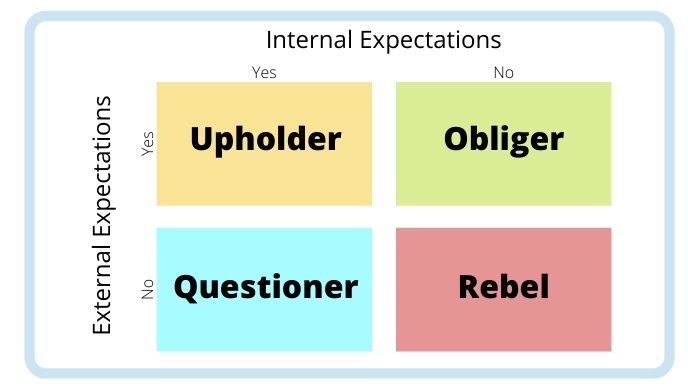You’re probably familiar with the more traditional or conventional path that society says you’re “supposed” to take. Study hard, get good grades, go to a good college, and earn a practical degree. Land an entry-level job or internship and spend the next 30, 40, or even 50 years working your way up the corporate ladder, one rung at a time, until you land yourself somewhere in a comfortable middle management position.
Along the way, you’re supposed to get married, have kids, and move into the suburbs with a house surrounded by a white picket fence. It’s the American dream, and it’s one that has been adopted by so many people from all around the world. It’s what “expected” of us. This is what you’re “supposed” to do.
Trailblazers and Detours
But, chances are, if you’re reading this blog post and you’ve already embarked down this journey of Internet marketing or online content creation or whatever else, you’ve at least considered going against the grain. Let’s be perfectly honest. The life of a blogger, Instagrammer, YouTuber, affiliate marketer, or freelance writer is hardly conventional. It’s not the norm. We’re all a little bit weird. So, you’re motivated by internal expectations then, right? Maybe not.
You might start out with some initial expectations. Maybe you thought to yourself that blogging would pave the way to writing and publishing your own book. I know that was always in the back of my mind.
But, somewhere along the way, you decide to add vlogging to the mix. It’s not that you abandon your authoring ambitions, per se, but you divert your resources into becoming a “YouTuber” of sorts. The internal expectations aren’t a huge deal to you either.
Within and Without
Conversely, what if both internal and external expectations profoundly affect the way that you behave? What if you’re constantly seeing how your outward reality measures up against those expectations?

In either case, we have to recognize the importance of casting judgement aside. Being driven by external expectations isn’t necessarily a bad thing. Similarly, being driven to actively fight against those external expectations isn’t necessarily a bad thing either. The point is that you need to take the time to recognize your pre-existing tendencies so that you can best leverage them to your advantage.
It’s just like any other aspect in your life, both personally and professionally. If you’re great at coming up with big ideas, but you often lose sight of the details, it’s worth your while to work with an editor. If you’re great at getting knee-deep in the nitty-gritty and can fall down deep rabbit holes as you get into the zone, it may be worth your while to work with a consultant or career coach who can help you paint the bigger picture.
One is no better than the other. You just have to learn how to work with what you have and who you are.
The Expectations Matrix
How can you figure out who you are? And what does that even mean? I recently came across The Four Tendencies Quiz by New York Times best-selling author Gretchen Rubin. By looking at how you respond to both internal and external expectations, you arrive at a 2-by-2 matrix with a total of four tendencies.

If you respond readily to both sets of expectations, you’re classified as an upholder. If you only respond to internal OR external expectations, then you’re classified as a questioner or an obliger, respectively. If you respond to neither, you’re a rebel. Take the quiz — it only takes a few minutes and it’s free — to see where you fall.
The point is that once you have a better understanding of your relationship with both internal and external expectations, you can better approach the task at hand. You can be better prepared to tackle the challenges ahead of you.
For example, if you have a hard time sticking to goals and resolutions that you set for yourself, then seek out an external force to keep you accountable. This is why the buddy system works for people who want to get in shape.
If internal expectations sway you more powerfully, then establish specific and measurable yard sticks against which you can measure yourself. “I want to upload 25 videos to YouTube this year.” If internal expectations do have a powerful hold on you, even if you don’t tell anyone else about this goal, you’ll hold yourself accountable. It’s about knowing what works and doesn’t work for you.
So, which tendency do you identify with the most?
